Turn up the brightness, turn up the solar power.
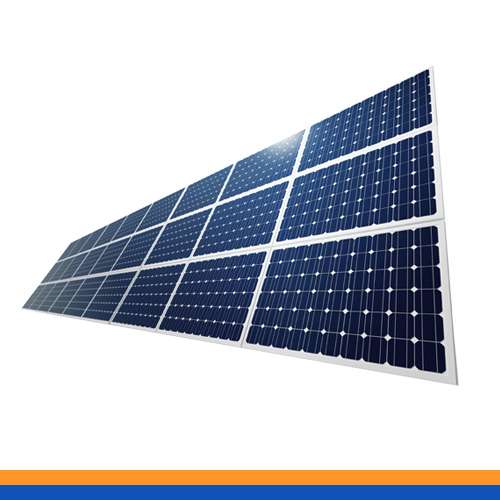
Solar Photovoltaic
Solar Photovoltaic (PV) refers to the technology that converts sunlight directly into electricity using solar cells. It is a renewable energy technology that harnesses the photovoltaic effect to generate electrical power.
What We Do
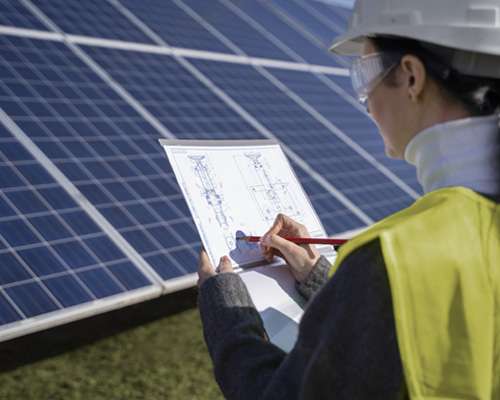
Design
We create the ideal solar power system for our clients' specific requirements. Our team uses solar roof designs, mountings, schematics, and system simulation to help clients envision the configuration and performance of their solar power system prior to installation.
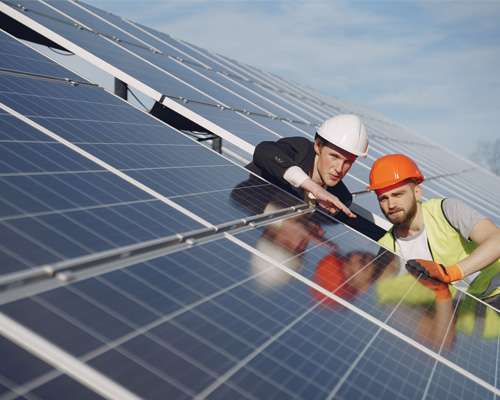
Installation
Solar panel installation is the process of setting up a solar photovoltaic (PV) system to generate electricity from sunlight. It involves several steps to ensure the proper and safe installation of solar panels
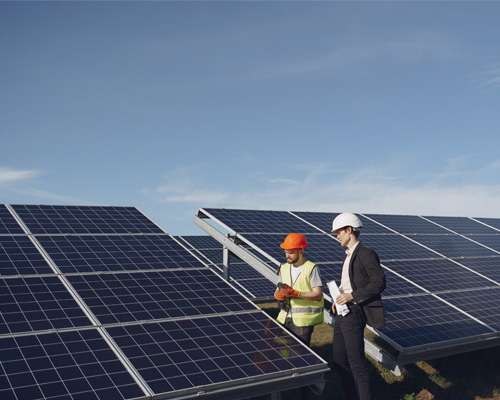
Operation & Maintenance
We provide training and handover to our clients to guarantee that they completely understand how to manage their own system. We also provide general maintenance, cleaning, and system monitoring services to ensure top performance throughout the life of the solar power system.
Benefits of Solar Panel
Sustainable Energy
Cost Savings
Environmental Benefits
Energy Reliability
Street Lights
Street lights are outdoor lighting fixtures designed to illuminate public roads, sidewalks, and other areas at night. They play a vital role in ensuring safety, visibility, and security in urban and rural environments. Street lights are typically mounted on poles or structures at regular intervals along streets and highways.
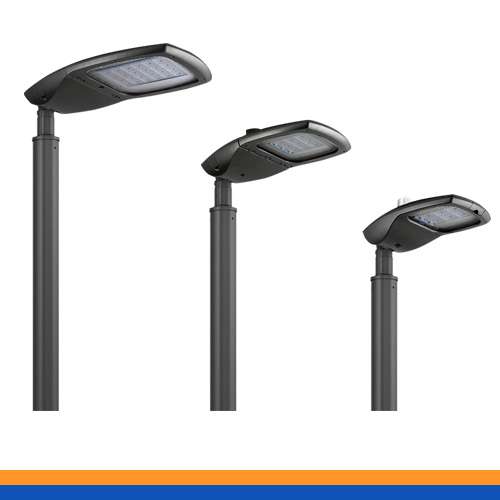
What We Do
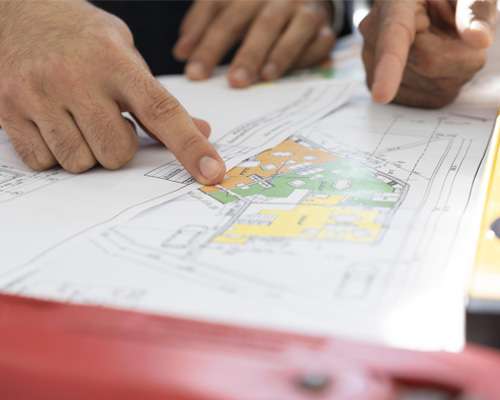
Street Lighting planning
Our end-to-end strategy begins with our street lighting designers; rest certain that your designs will represent a high quality, efficient, and cost-effective approach to illuminating the streets of your city or development.
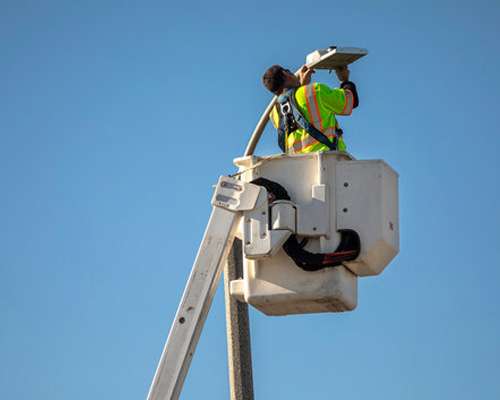
Street Lighting Installation
Our street lighting installers and electricians have all received extensive training and certification to deal with modern street lamp equipment. Whether it's a tiny public lighting installation or a large highway lighting project, we can customize it to your needs.
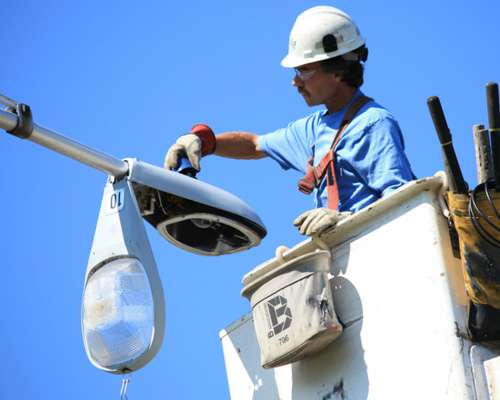
Street Lighting Maintenance
Our service does not end when we install your street lights. Our crews may provide cyclic pre-planned maintenance, bulk light cleaning and replacement, electrical testing, visual structural inspections, and reactive diagnostics and repair.
Benefits of Street Lights
Enhanced Safety and Security
Reduced Accidents and Crime Rates
Improved Pedestrian and Cyclist Safety
Promoting Urban Development
Frequently Asked Questions
Solar energy refers to the energy obtained from the sun's radiation. It is harnessed using solar panels or photovoltaic (PV) cells, which convert sunlight into electricity or heat.
Solar energy works through the use of solar panels, which contain photovoltaic cells made of semiconductor materials. When sunlight hits these cells, it excites electrons within the material, generating a flow of direct current (DC) electricity.
Yes, it is possible to power your entire home with solar energy. The feasibility depends on various factors, including the amount of sunlight available, the size of your roof or available space for solar panels, and your energy consumption.
Street lights are outdoor lighting fixtures installed along roads, streets, and public spaces to provide illumination during nighttime hours. They ensure visibility and safety for pedestrians, drivers, and cyclists, and help deter crime in urban and suburban areas.
The energy efficiency of street lights depends on the type of lighting technology used. Traditional street lights, such as HPS and MH lights, are less energy-efficient compared to newer options like LED lights.
Area lighting is used to light private areas such as backyards, playgrounds, storage yards and general customer areas. These lights are installed as requested by a customer for a monthly fee. Street lighting is used primarily to illuminate the city's public thoroughfares and residential streets.

